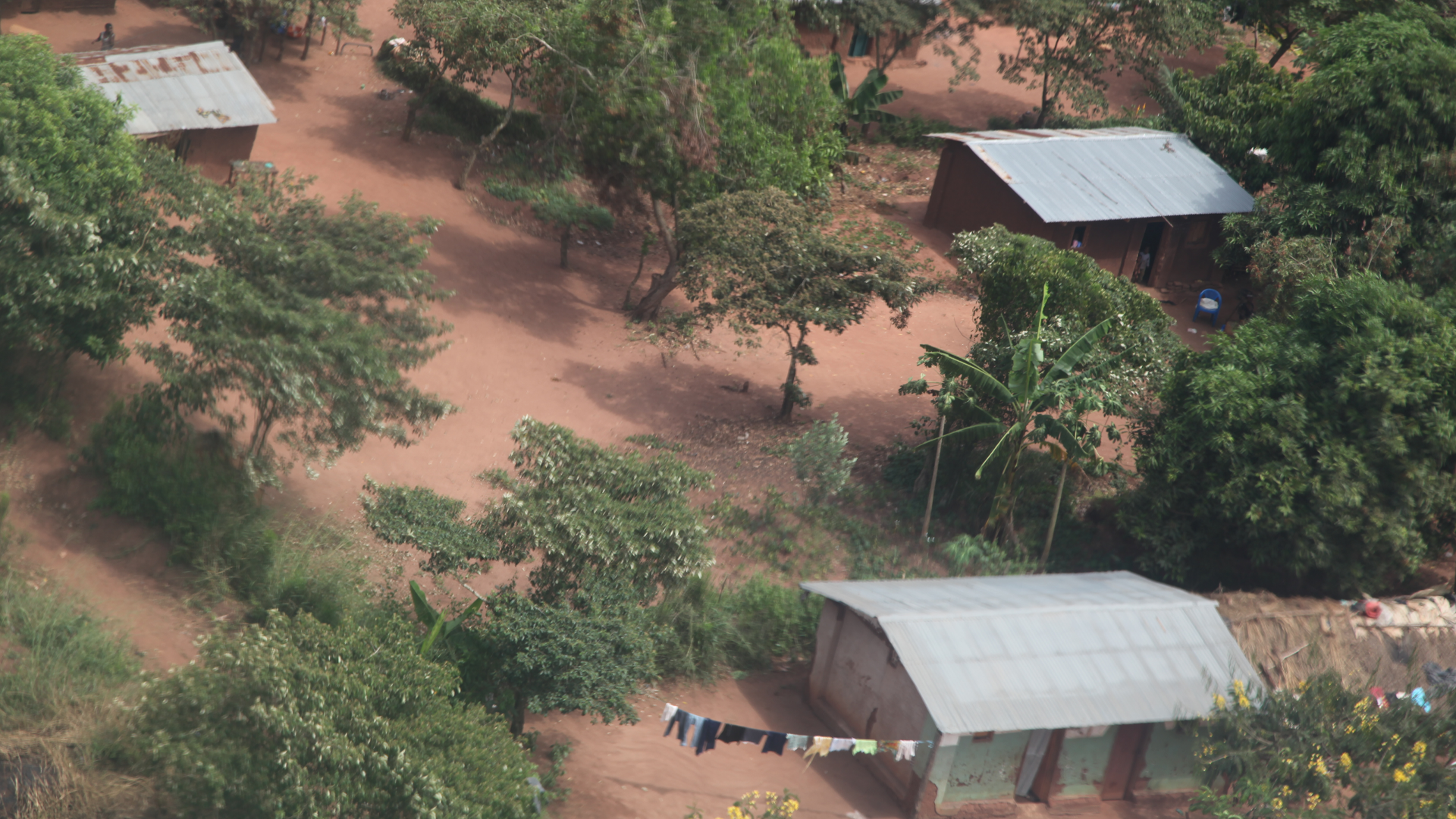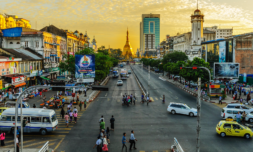More than 400 people have been died and about 5,000 are missing after intense flooding and landslides hit the DRC last week.
The Democratic Republic of Congo (DRC) has been prone to floods and landslides for many years, with the frequency and severity of these natural disasters increasing in recent years due to climate change.
The nation is currently facing devastating floods which have killed more than 400 people, displacing thousands and washing away homes, especially in rural areas.
DRC’s crisis was triggered by heavy rain that began in April, causing rivers to overflow their banks and flooding large swathes of land.
The situation has been made worse by rivers already being heavily silted, which reduces their capacity to hold water and increases the likelihood of flooding.
East African countries such as Rwanda and Uganda have also been affected by the heavy rainfall.
On Monday, President Felix Tshisekedi declared a national mourning for victims. Schools in the eastern part of the country, particularly in North and South Kivu, have been turned to rescue centres while others have completely submerged.
Currently, the number of children who have lost their lives is unknown as residents have been forced to flee to higher ground. Infrastructure such as roads and bridges have been severely damaged, making it difficult for aid to reach those in need.
The worst affected areas are in the east, particularly in North Kivu, South Kivu, and Ituri provinces.
Despite the rescue efforts, thousands of survivors are in dire need of basic supplies such as food, shelter, and other amenities.
The United Nations Office for the Coordination of Humanitarian Affairs (OCHA) has warned that the floods could exacerbate the already dire humanitarian situation, as ongoing conflict is already a major crisis.
The UN’s secretary general, António Guterres, cited that climate change has ‘disastrous impact on countries that have done nothing to contribute to global warming.’
The DRC government has declared a state of emergency in the affected areas and has deployed troops to assist with rescue and relief efforts. However, many aid organizations have warned that the response has been slow and inadequate, and have called for more support from the international community.
The devastating floods in the Democratic Republic of Congo serve as a powerful reminder of the susceptibility of many African countries to natural disasters, highlighting the pressing need for more effective preparedness and response measures.

















